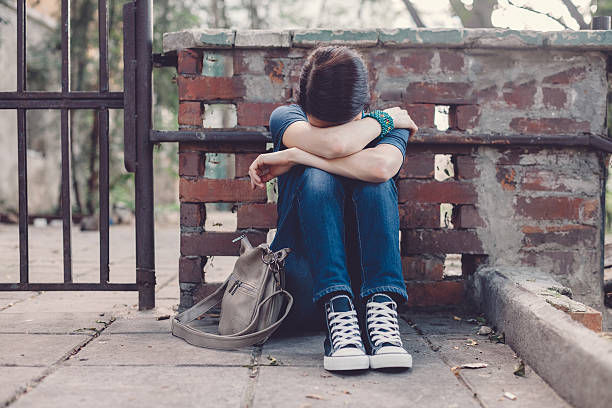Teachers and PTSD
- Dr Andrea Pearce

- Mar 20, 2022
- 2 min read
Updated: Apr 15, 2022

While we frequently hear about soldiers suffering from post-traumatic stress disorder (PTSD) after returning home from war, but anyone who has experienced a traumatic event is at risk. Trauma is classified as “events beyond a typical stressor”.
Teaching is a tough profession. It’s often stressful, exhausting, emotionally taxing, and physically draining and all without much recognition or appreciation. Unfortunately, many teachers experience traumatic events at school that can lead to the development of PTSD but you can also develop PTSD from hearing about the trauma someone else has endured. Teachers care so much about the wellbeing of our students, which makes us very likely to suffer from secondary trauma after hearing a student share the details of abuse, poverty, the death of their parent, a devastating house fire, drug abuse, racism etc.
A typical day for a teacher might include:
Arriving at work exhausted because you were up too late trying to get caught up on your overwhelming workload, marking and giving constructive feedback, planning differentiated lessons, responding to parent emails, writing referrals to support services for students, writing reports etc.
Technology you need to do your job not working with no one available to offer assistance
A frustrated student throwing a book at your head
Having vicious rumours and lies spread throughout the school or community
Being mocked and made fun of for a wide variety of reasons
Being cursed and screamed at
Finding out the parent of a student passed away the previous night
Receiving abusive phone calls from parents demanding that you get their child out of bed and to school because their child was up all-night playing computer games and is now school refusing.
Reading emails from a parent demanding you change her child’s grade and threatening “you’ll be sorry” if you don’t
Having your maths lesson interrupted by a lockdown drill, which no one in your class (including you) knows is just a drill until completion, causing one student to have a full-blown anxiety attack.
Walking into the staff room to overhear other teachers talking poorly of your classroom management skills
Noticing marks on a child’s arms (again) and the child opening up to you about abuse
Calling in a report of abuse to child protective services
Breaking up a physical altercation between two students
And that could all be in a single day – maybe even before lunch! So, yes, most teachers would certainly consider their job to be “beyond a typical stressor.” The emotional and physical toll is often severe. Even if they have not endured trauma themselves, educators can begin exhibiting symptoms similar to those of their students - withdrawal, anxiety, depression, chronic fatigue and adrenal fatigue.
Do you need support? Contact DrAndreaPearce for a free consultation.








Comments